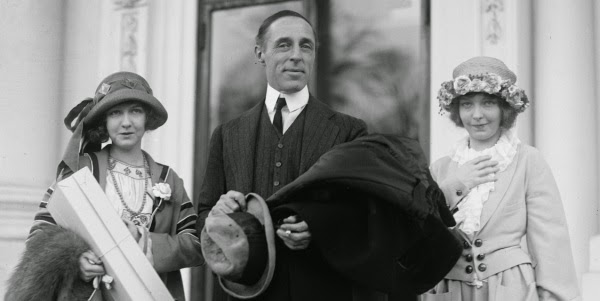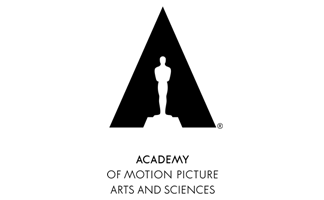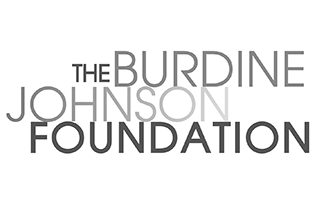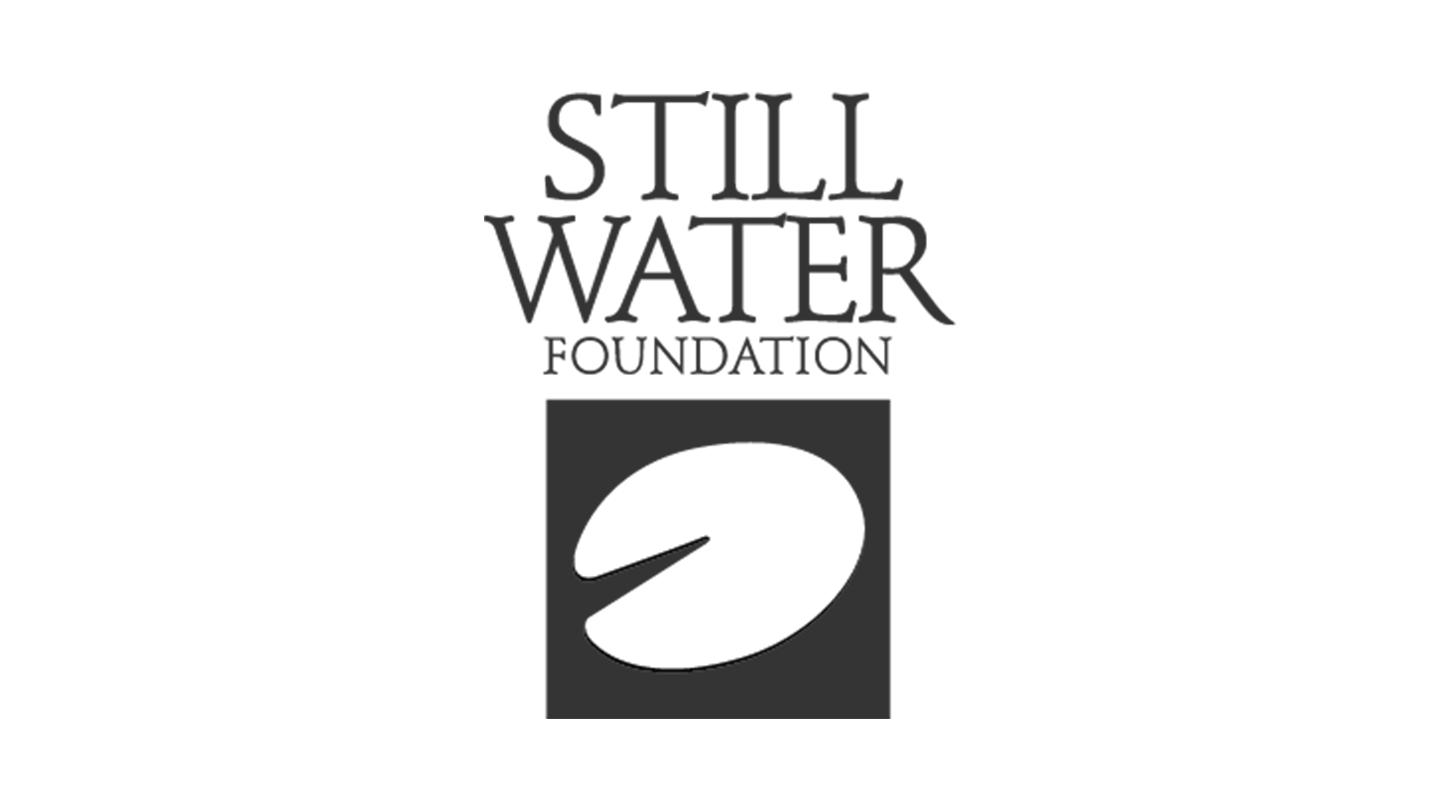Celebrating D.W. Griffith on the 140th Anniversary of His Birth with AN UNSEEN ENEMY

To mention D.W. Griffith today is to invite either a blank look, or a look of scorn. Griffith’s first great film was BIRTH OF A NATION, an adaptation of a deeply racist novel, Thomas Dixon, Jr’s “The Clansman”. It’s a magnificent film in its artistry and scale and at the same time it’s subject matter is very troubling now, and was troubling to much of his audience at the time. Griffith was stung by the critical response to the film – though it did extraordinarily well at the box office.
He followed up BIRTH OF A NATION with the very personal, vast, sprawling, visionary epic INTOLERANCE, which many consider to be one of the greatest films ever made. It’s an enormous film and one in which Griffith makes his case against intolerance and for equality among people. It was not a hit and Griffith was for the most part subsequently reduced to more intimate dramas, which he made brilliantly, as the screens undisputed master director and scenarist.
Griffith’s genius in evident even in the short “one reelers” he made early in his career. Many of the elements in film we take for granted: close-ups, cross-cutting for tension, characterization through framing, etc. were either originated or perfected by Griffith. But his films are not to be watched as cold, dry history exhibits. They swell with life. In this film, 1912’s AN UNSEEN ENEMY, the pair of sisters (Lillian and Dorothy Gish) have a mythological innocence and beauty as they contend with the most melodramatic peril imaginable. There are scenes of intense and unforgettable beauty, such as when Dorothy meets her young admirer in the field of swaying leaves as her sister Lillian looks on. All the magic that is so difficult to express in words is there. Like most workings of genius it seems simple, obvious, right – but it takes the genius to bring it into being.
D.W. Griffith was the genius who brought the whole thing – movies as an art form – into being. He was the director who told the story subtly, without stage affectations. He seemed to tap into the very nervous systems of his performers and drive their performances – in fact he stood just out of camera range and directed their every move. If AN UNSEEN ENEMY were a story in a book, it would not be a very good one. If it were a play, it would be impossible. As a film, it stands as a small masterwork, full of the complex interplay between light and subject, watcher and watched, that makes the cinema something we love not merely with our minds, but with our hearts.












